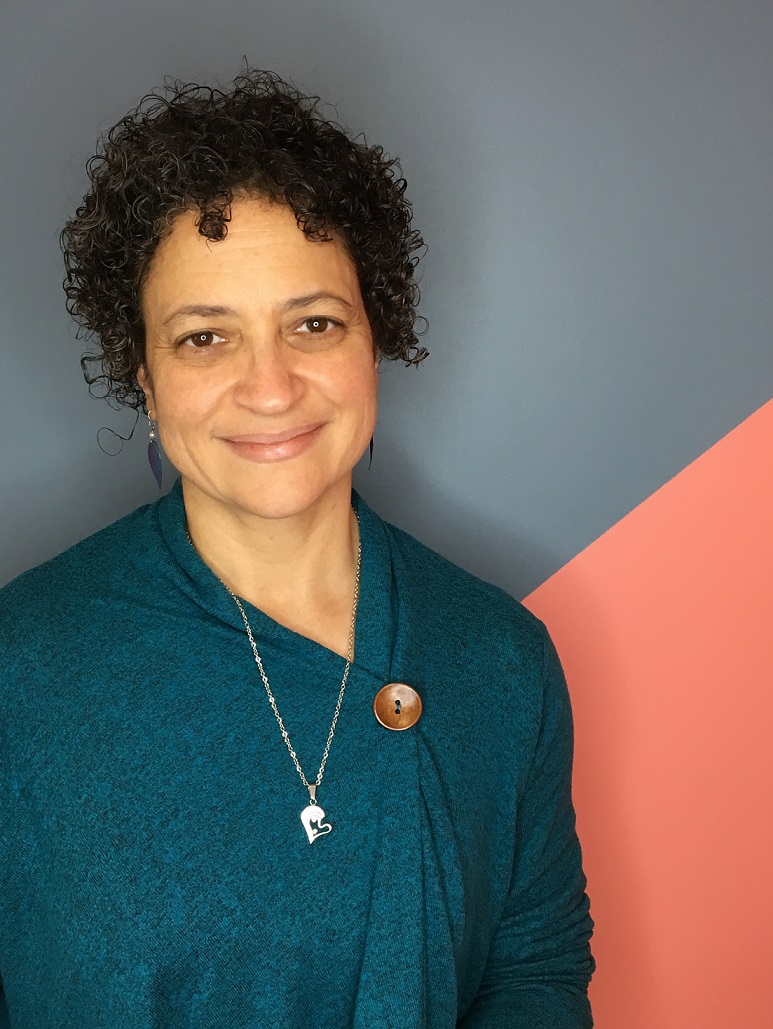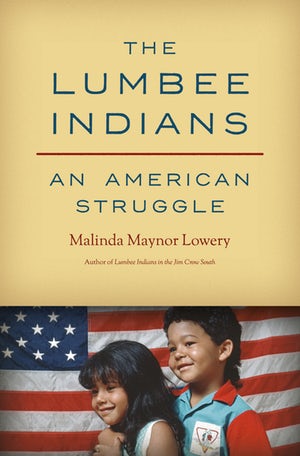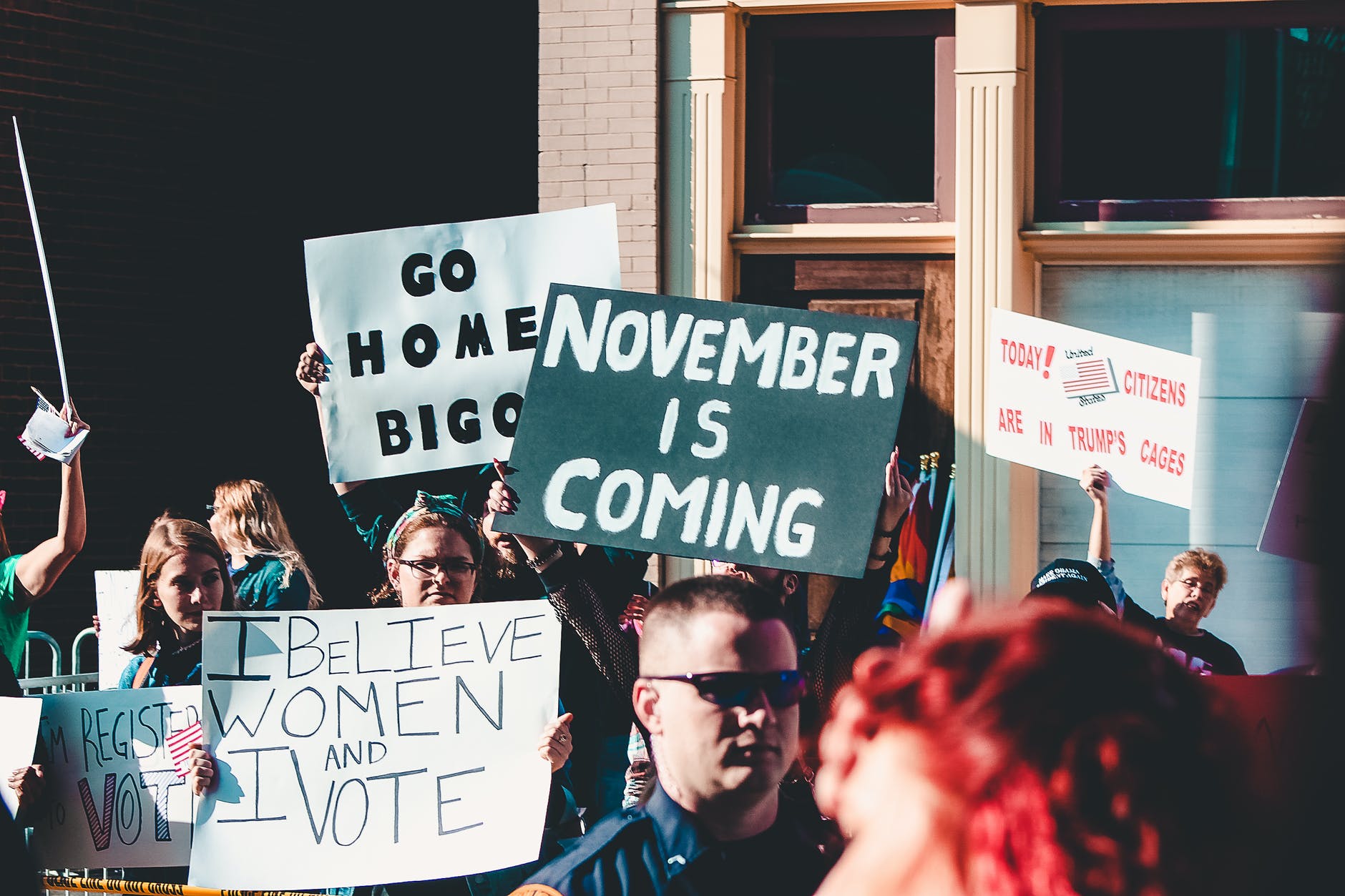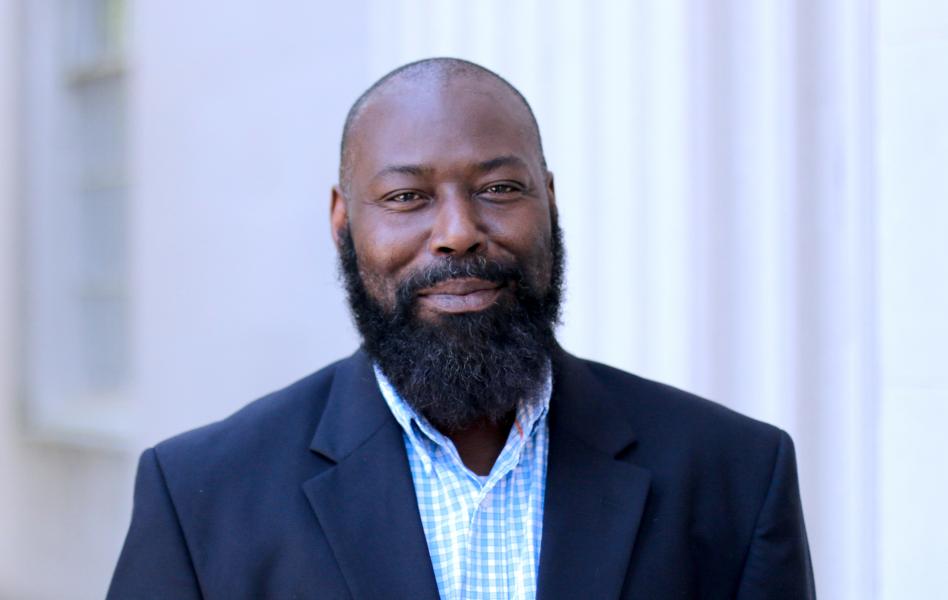Last week U.S. Sen. Richard Burr wrote a newspaper column criticizing the Eastern Band of the Cherokee for opposing the South Carolina-based Catawba Tribe’s efforts to acquire land near Kings Mountain to build a casino. Burr also criticized the Cherokees for lobbying against full recognition for the Lumbee Tribe because they view it as a threat to their federal benefits and gaming business.
In a response published in the June 23 News & Observer, Richard Sneed, principal chief of the Eastern Band of Cherokee Indians, stated, “Actually, the Eastern Band has opposed Lumbee recognition legislation for literally a century, long before tribal gaming. The Lumbees have claimed to be a Cherokee tribe and at least three other historic tribes over the years, and their identity as an historic tribe and as individual descendants of an historic tribe has been questioned for many, many years.”
So, what are the facts? Where did the Lumbee people come from? How are they different from other Native Americans and how are they alike?

Malinda Maynor Lowery
Malinda Maynor Lowery, UNC-Chapel Hill associate professor of history and director of the Center for the Study of the American South, takes on this challenge in her new book, “The Lumbee Indians: An American Struggle.”
As a member of the Lumbee Tribe with deep family roots in the Lumbee community, Lowery brings more than scholarship to her explanation of her people’s origins and history. She weaves her family’s experience with the defining events in Lumbee history. The main characters in Lumbee and family history turn out to be a fascinating blend of characters, heroes and scoundrels, preachers and bootleggers, lawyers and lawbreakers, and farmers, all deeply attached to the swampy lands along the Lumber River in Robeson County.
In the early 1700s, as early American Indian tribes were decimated by disease and the relentless pressure from European settlement, remnants from these groups made their way to the Lumber River (then called Downing Creek). By the 1750s, she writes, “the people of Downing Creek and its swamps knit together families and places. They traced belonging through kinship, spoke English and farmed.”
Lowery cites a reports of violent action in 1773 at Downing Creek that included the names of “Chavis, Locklear, Grooms, Ivey, Sweat, Kearsey, and Dial families, all ancestors of today’s Lumbees.”
During and after the Civil War, Henry Berry Lowry and his gang made war on the white establishment. Though Lowry escaped punishment, a cohort, Henderson Oxendine, was captured and hanged in 1871. For his last words he sang “Amazing Grace“ and “And Can I Yet Delay,” an old Methodist hymn. Oxendine is Malinda Lowery’s great-great-grandfather. Henry Berry Lowry is remembered and revered in the community as the Lumbee Robin Hood.
 In the post-Civil War and Jim Crow times, Lumbees fought for Indian schools, state recognition, and a tribal name, finally settling on the Lumbee name in the 1950s.
In the post-Civil War and Jim Crow times, Lumbees fought for Indian schools, state recognition, and a tribal name, finally settling on the Lumbee name in the 1950s.
One defining event in Lumbee history occurred in 1958 when a large group of Lumbees disrupted a Ku Klux Klan rally near Maxton, and chased its leaders away, gaining positive national attention for the Lumbee.
The Lumbee effort for federal recognition gained partial success in 1956 with the passage of the Lumbee Act. It recognized the tribe as Indian, but did not make its people eligible for the benefits accorded other recognized tribes.
As for the future, Lowery closes her book with a strong argument for full recognition of the Lumbee. “Under pressure of European settlement, our ancestors abandoned many of our oldest homeplaces, but having existed for nearly 300 years along the Lumber River, we will not forsake this place.”
Lowery may not persuade everyone that the Lumbee Tribe should gain full recognition. But what she has shown conclusively is that the Lumbee people are entitled to respect, admiration, and appreciation for their 300-plus years struggle to build and hold their community together.
(Note: Malinda Maynor Lowery discusses her book and sings “Proud to be a Lumbee Indian” on North Carolina Bookwatch on Sunday, June 30 at 11 A.M. and Tuesday, July 2 at 5 P.M. or on line at https://video.unctv.org/video/malinda-maynor-lowery-the-lumbee-indians-2tco1y/)
 D.G. Martin hosts “North Carolina Bookwatch,” Sunday 11:00 am and Tuesday at 5:00 pm on UNC-TV. The program also airs on the North Carolina Channel Tuesday at 8:00 pm and other times.
D.G. Martin hosts “North Carolina Bookwatch,” Sunday 11:00 am and Tuesday at 5:00 pm on UNC-TV. The program also airs on the North Carolina Channel Tuesday at 8:00 pm and other times.
To view prior programs: http://video.unctv.org/show/nc-bookwatch/episodes/









